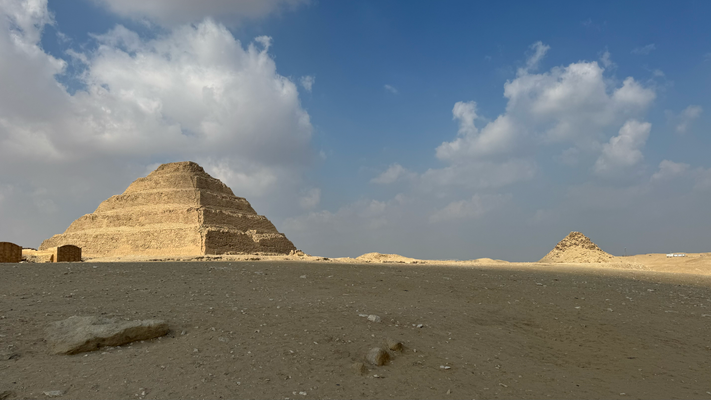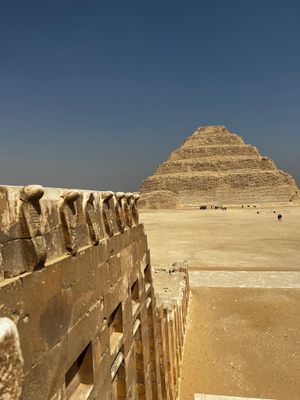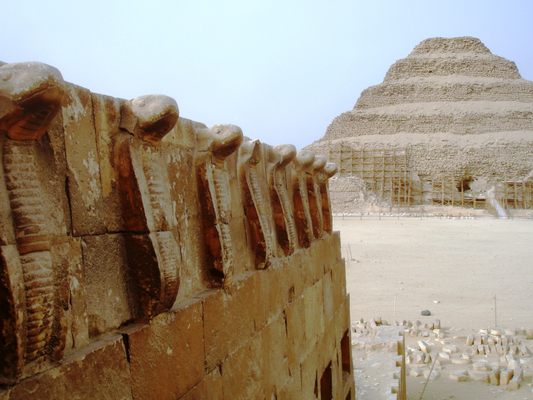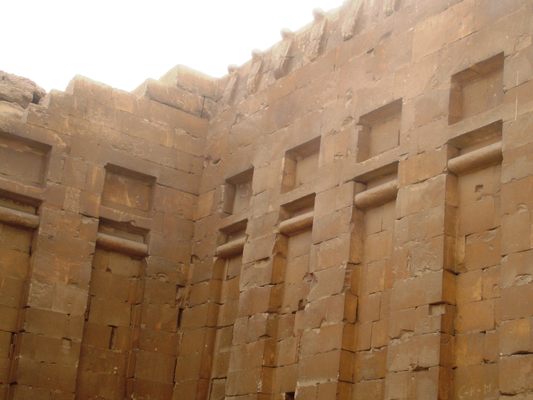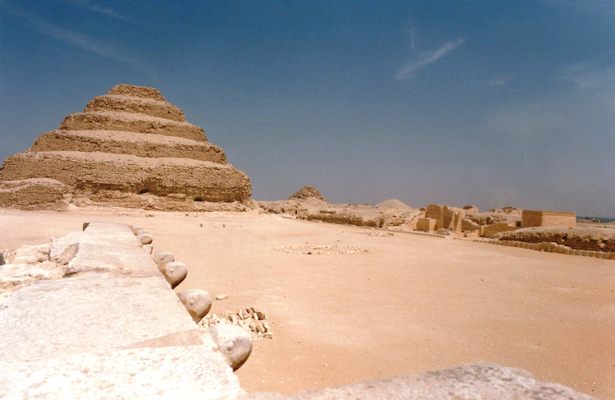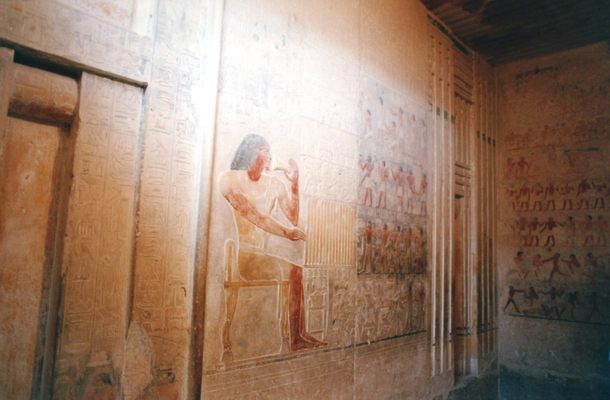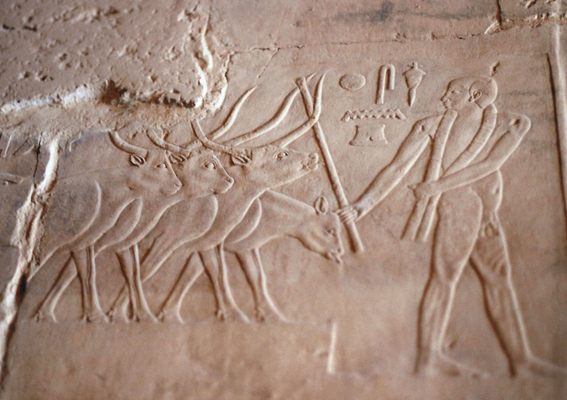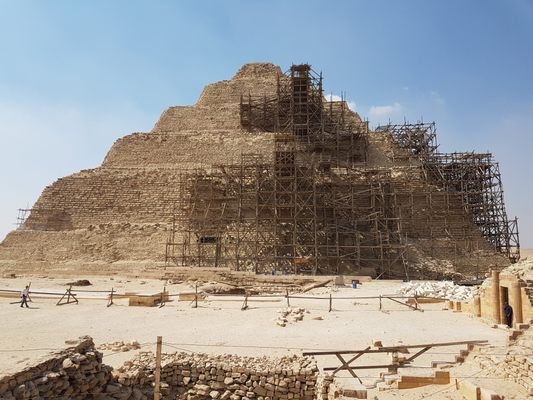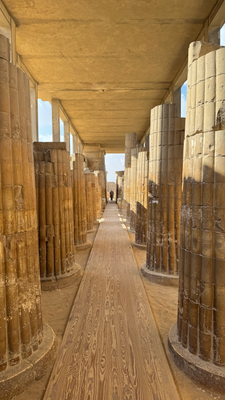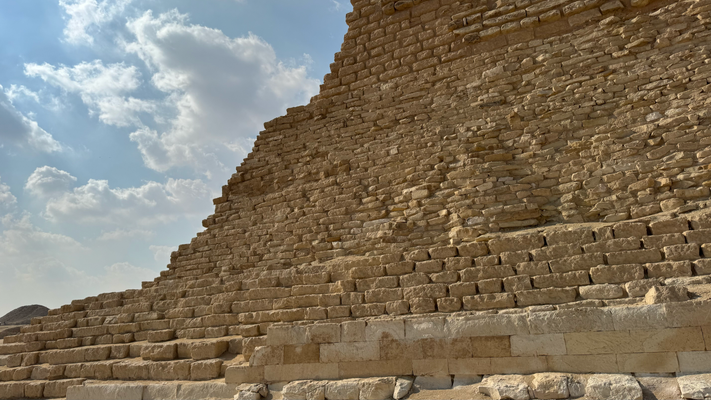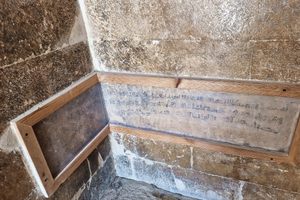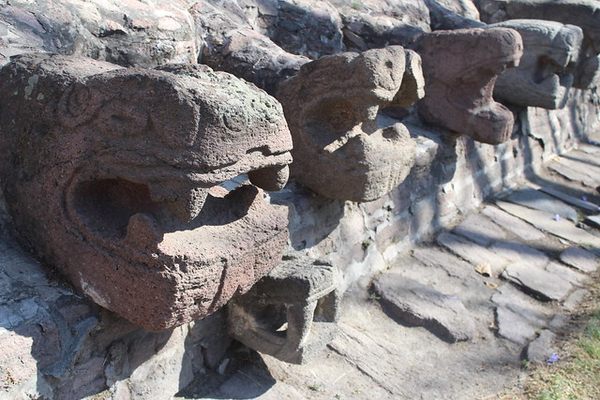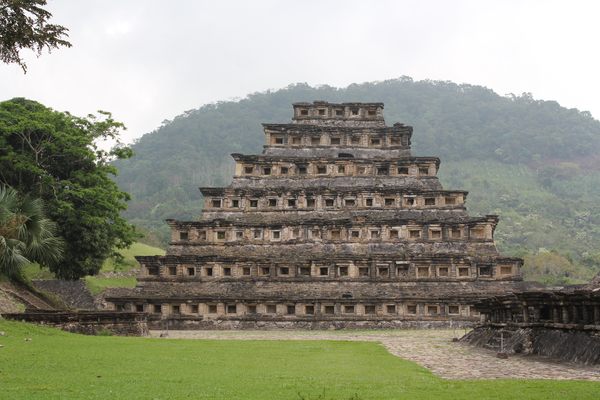About
Built as a tomb for the pharaoh Djoser (or Zoser), the Djoser Pyramid was constructed between 2630 and 2611 B.C. in Saqqara, Egypt. Although it is considered the world's oldest intact large-scale stone monument, the ancient structure is often overshadowed by Egypt's most famous pyramids.
The Djoser Pyramid stands 197 feet high and was built using 11.6 million cubic feet of stone and clay. Imhotep—a doctor, priest, and sculptor, among other titles and talents—is widely attributed as the pyramid's architect. Initially, the structure was designed as a traditional, flat-roofed tomb called a mastaba, but Djoser wanted something bigger, something grander.
So tradition was put aside for innovation, and in the span of Djoser's 19-year rule the pyramid expanded to its current six layers, with a height that made it the largest building of its time. The step pyramid's unique structure was also an important architectural advancement: The famous pyramids of Giza, for example, are the result of techniques seen here.
The pyramid was part of a larger 40-acre complex containing a courtyard, temples, and chapels, all enclosed inside a 30-foot wall. The entrance to the complex, as well as 13 fake doors, is built into the wall. The complex also includes a number of building facades, all of which served ritual purposes.
The pharaoh's burial chambers are located deep within the pyramid, along with those of his 11 daughters. The burial chamber is part of the pyramid's winding, maze-like series of tunnels, which researchers think may have been designed to prevent theft (although the pyramid was eventually looted).
Sadly, these protective tunnels may actually be part of the reason for the pyramid's deterioration. Without conservation, experts fear that the 3.5 miles (5.5 kilometers) of tunnels could collapse, taking the historic monument with it. Efforts to conserve the building have been controversial, as a company tasked with the restoration has been accused of doing the opposite: it was claimed that the restoration work was actually further damaging the pyramid.
Google reviews in 2023 indicate that once again tourists can enter the Pyramid of Djoser. Visitors are also welcome to stand in awe in front of this architectural feat and see what has been called "a revolutionary conception that would influence the entire history of Egyptian architecture."
Related Tags
Treasures of Egypt: Hidden Tombs, Ancient Pyramids & Old Cairo
Explore pyramids, tombs, and local cuisine with your Egyptologist guide.
Book NowCommunity Contributors
Added By
Published
December 14, 2017


